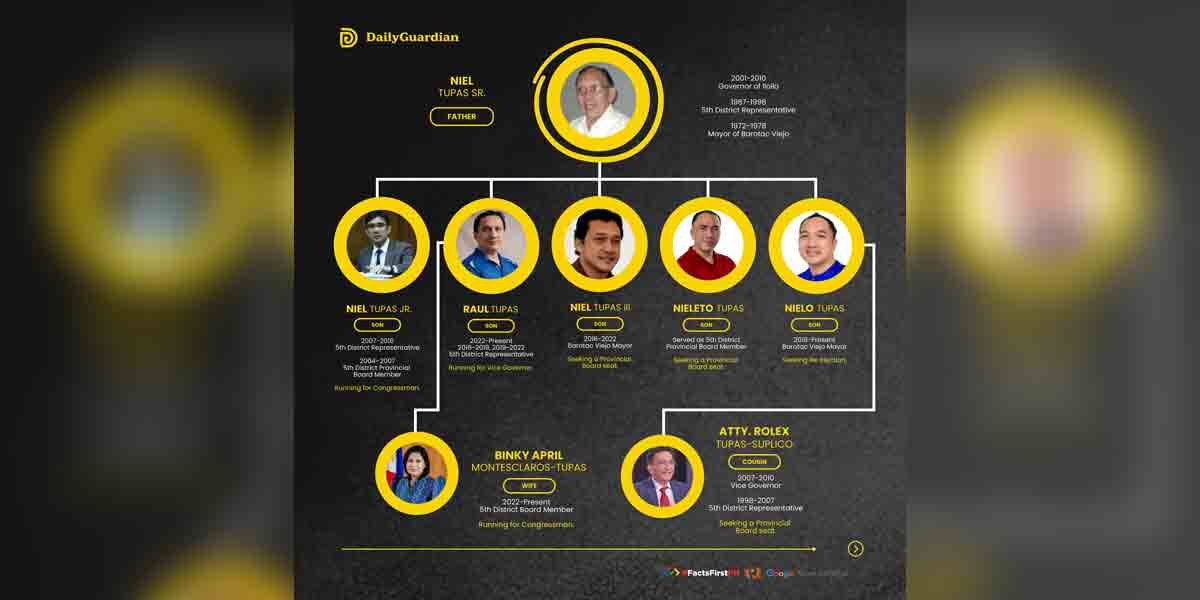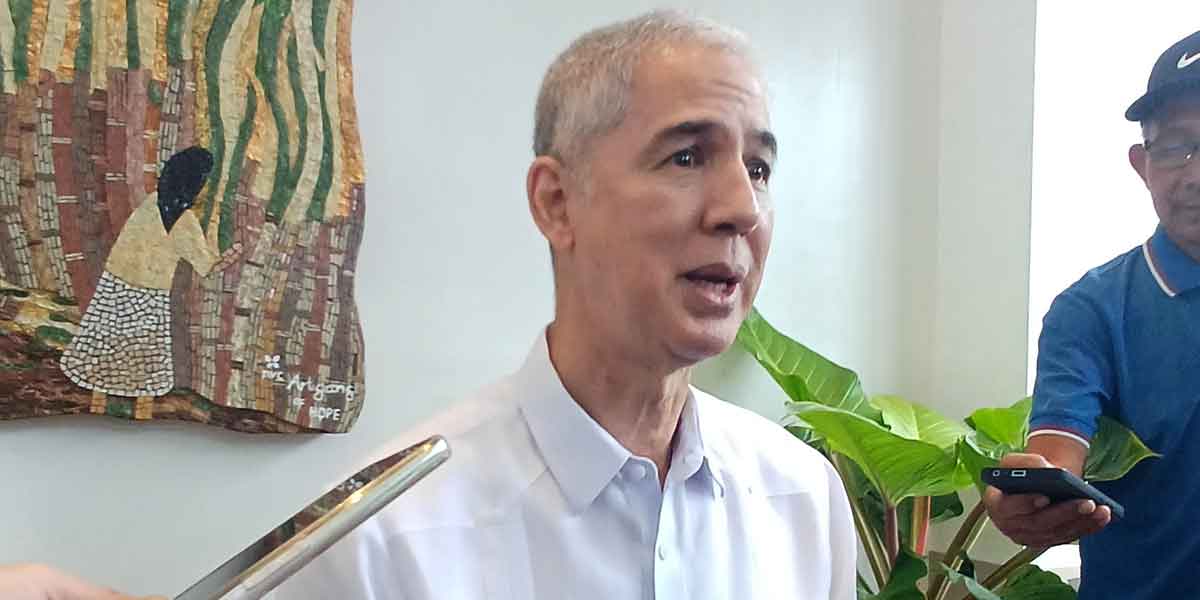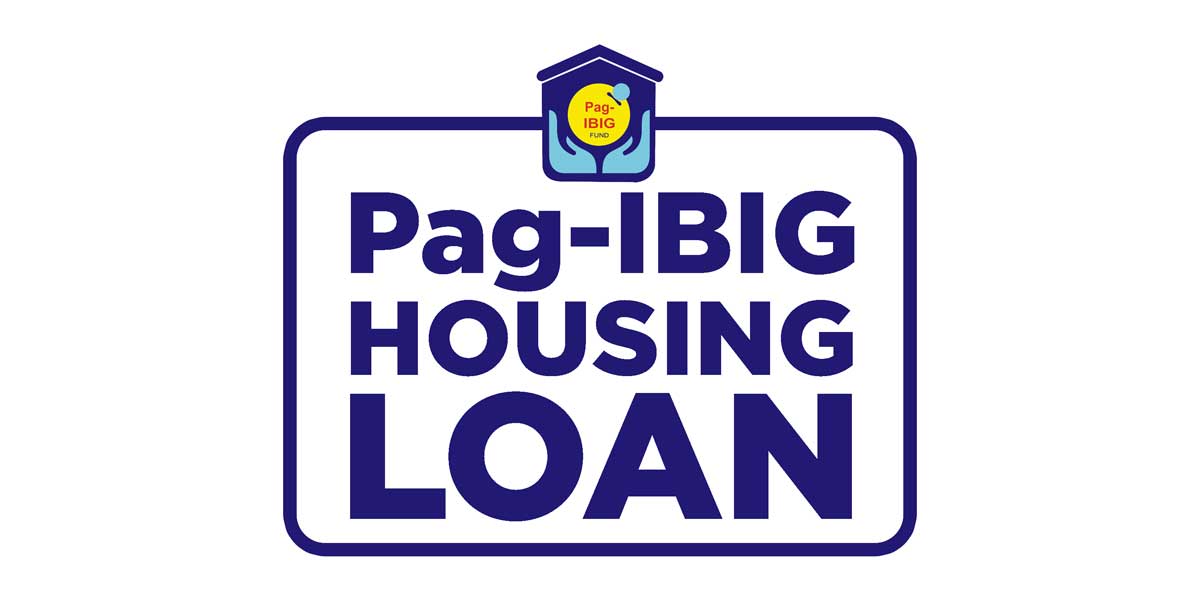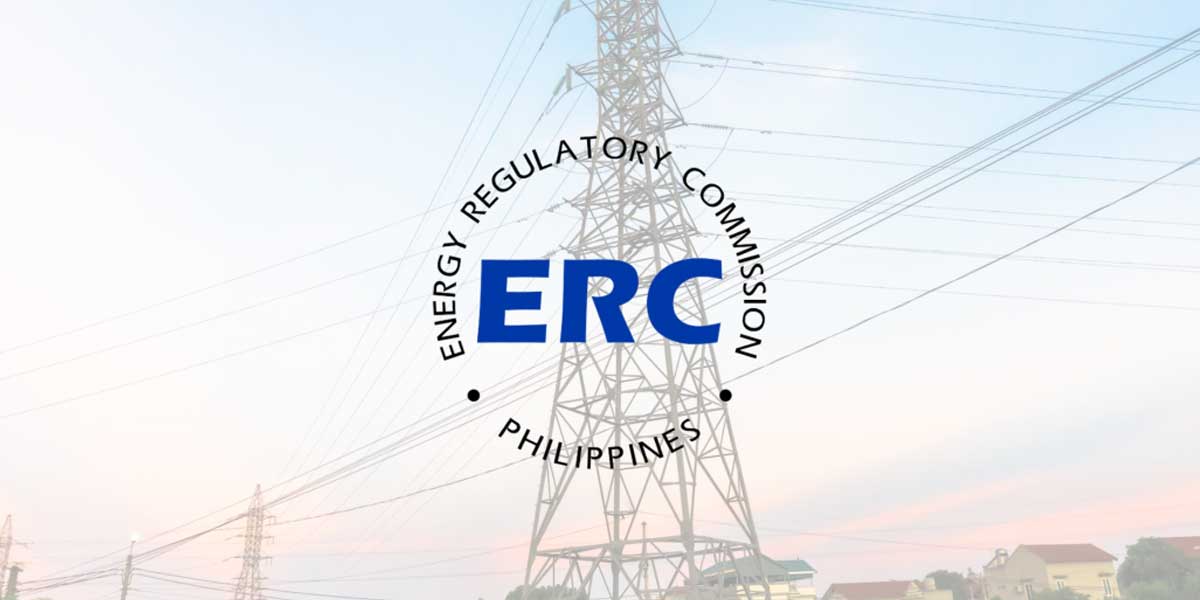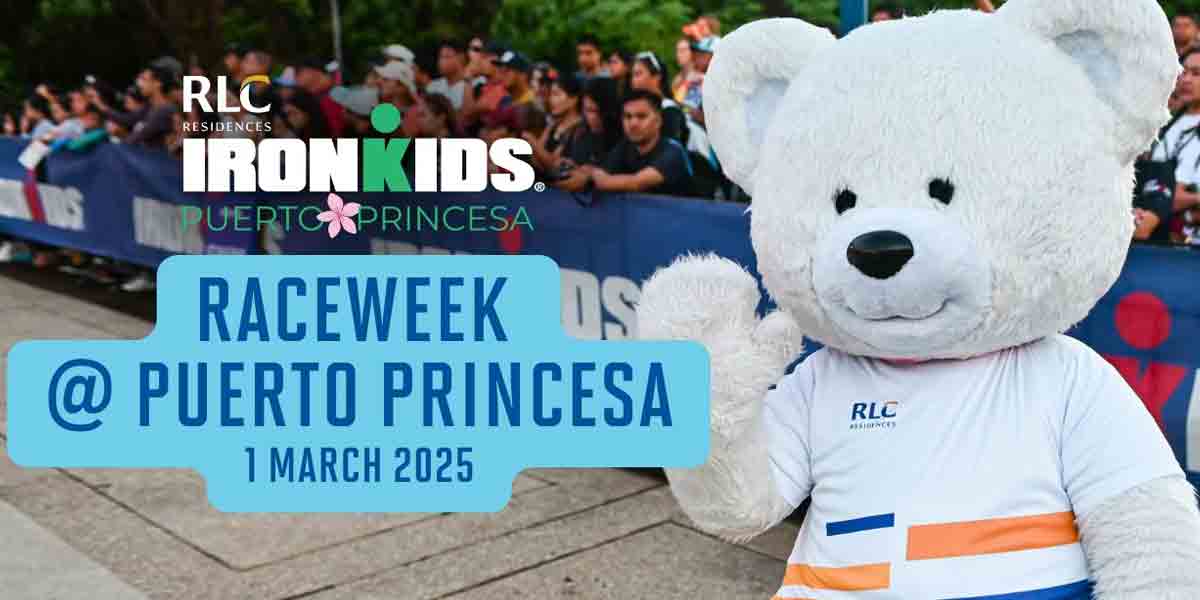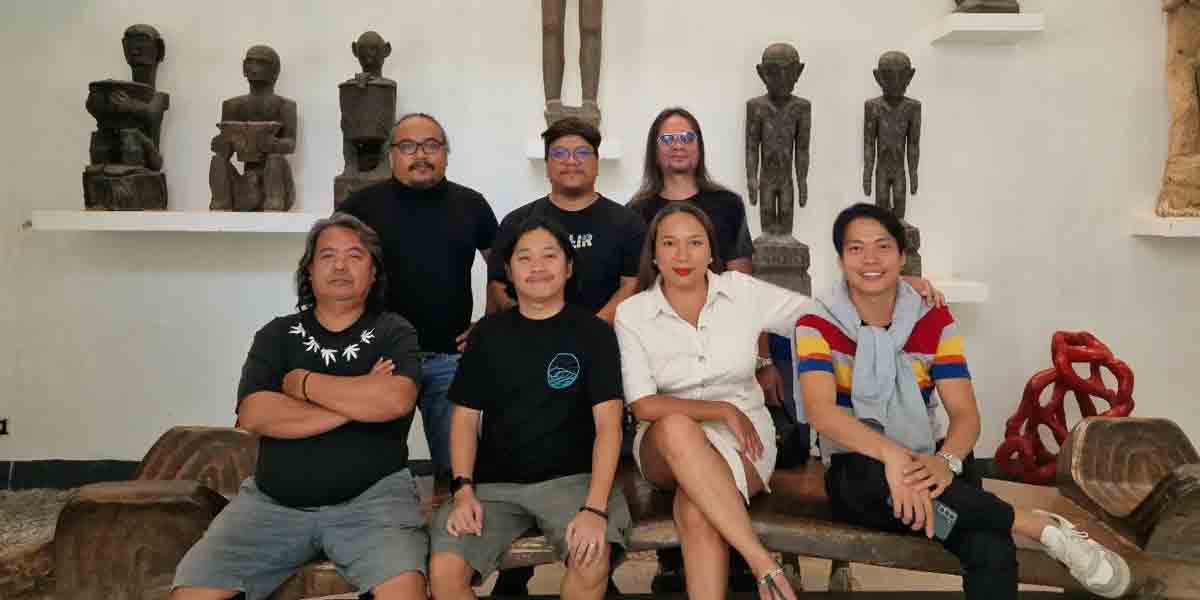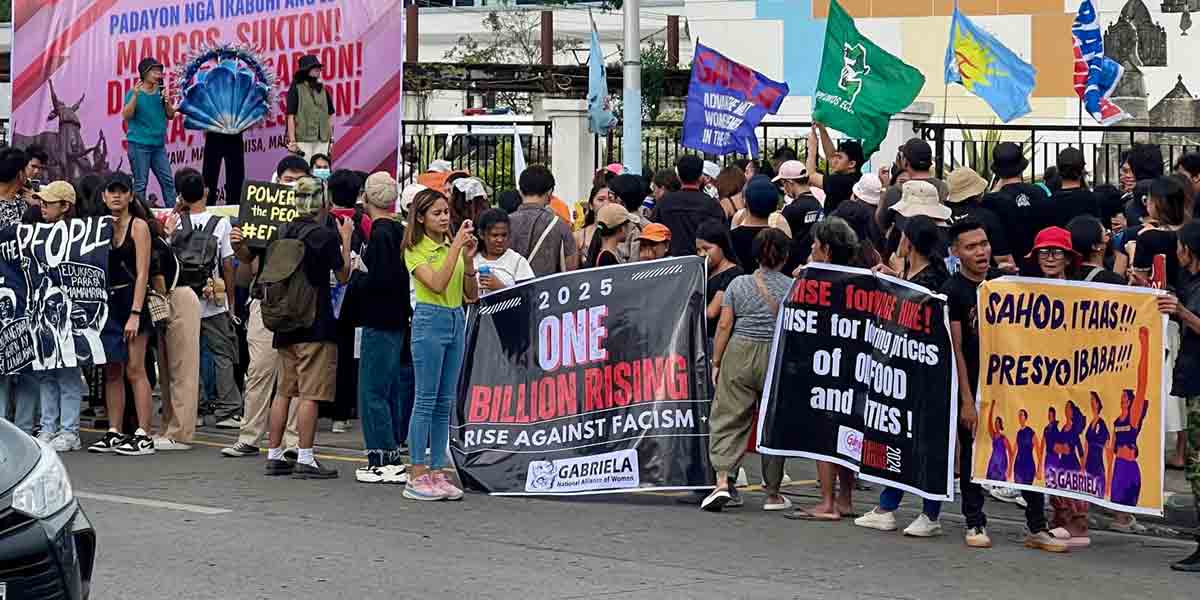By Herman M. Lagon
EDUCATORS, community members, and professionals are convening in the quiet corridors of the Nine Suites Business Hotel in Passi City. From October 11-13, 2023, these individuals will immerse themselves in a ground-breaking program designed to meet a pressing need: the provision of online psychological first aid (PFA). The DepEd Division of Passi City initiative, in collaboration with a team of Registered Guidance Counselors (RGCs) of Iloilo State University of Fisheries Science and Technology (ISUFST), comes at a time when our interconnected world experiences both the potential and pitfalls of digital communication, especially in mental health support.
The relevance of online PFA, particularly in today’s context, must be considered seriously. The aftermath of the COVID-19 pandemic left an indelible mark on the mental landscape of many, with students facing disruptions to education and daily routines. For places like Passi City and probably all the other cities and municipalities in the country, which grapple with limitations in accessing formal counseling and psychiatry˜services, the implications of this digital shift are profound. It presents a golden opportunity but also a significant challenge.
This is where the Online PFA Training Program steps in. It aims not merely to equip but to empower ethically. Delivering support online, especially something as delicate as PFA, is laden with ethical concerns. There is a tightrope to walk, ensuring that this incredibly valuable para-counseling does not stay within formal counseling or therapy territory. Such realms necessitate specific professional expertise. The program understands this nuance, emphasizing the importance of maintaining ethical standards, adept crisis management, and the meticulousness of proper documentation and referrals while navigating the art and science of digital empathy.
In an Ignatian spirit, this endeavor finds resonance with the principle of cura personalis, or “care for the whole person.” It is a holistic approach that does not just see an individual in distress and views them within the broader tapestry of their life, ensuring that the support provided online is empathetic and responsible. It is an approach deeply embedded in the cultural fabric of the Philippines, where community and holistic well-being are cherished.
However, the program needs to rest on these principles. Throughout the training, participants will be immersed in practical simulations, role plays, and intensive workshops. They will confront real-world online PFA scenarios, enhancing their crisis management skills and ensuring that they are ready to act responsibly and effectively when faced with a student or community member in need.
However, as we laud the strides being made in Passi City, it is also crucial to recognize that PFA, as with any discipline, is ever-evolving. A review of the worldwide dissemination of PFA training reveals that while there are tangible benefits in knowledge and skill enhancement, there is still a need for guidance on the adaptation and delivery of PFA training. Consistent evaluation, refinement, and adaptation will be the bedrock of a robust online PFA system as we forge ahead.
The movement towards online psychological first aid, especially within the Philippine context, is not just a reaction to the challenges of our times but a testament to our collective resilience and adaptability. The Online PFA Training Program of the DepEd-Passi City, under the broader umbrella of the Katatagan “Lusog Isip” Program, is a beacon of hope, signaling that in our interconnected digital age, we are finding innovative ways to uphold our age-old values of care, community, and holistic well-being.
***
Doc H fondly describes himself as a ‘student of and for life’ who, like many others, aspires to a life-giving and why-driven world that is grounded in social justice and the pursuit of happiness. His views herewith do not necessarily reflect those of the institutions he is employed or connected with.


